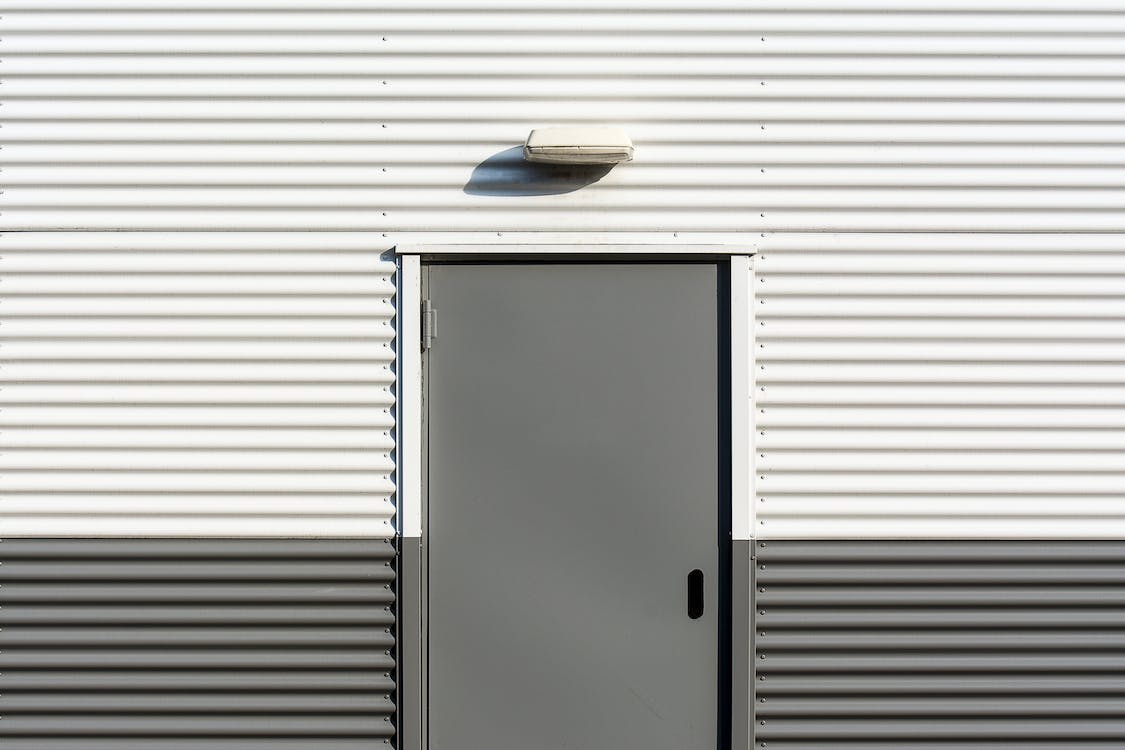Enclosures
Significance of Building Enclosures
Building enclosures, often compared to the 'skin' of a structure, are pivotal yet sometimes undervalued in construction. This outer layer includes the walls, windows, doors, and the foundation, collectively working as a protective shield between the interior of a building and the external environment. They provide the core function of any building: shelter.
Protection:
Enclosures shield the interior of a building and its inhabitants from the outside environmental elements. They provide a barrier against cold, heat, wind, and moisture, creating a comfortable interior atmosphere.
Energy Efficiency:
A well-constructed building enclosure significantly contributes to a building's energy efficiency. It helps insulate the interior, reducing the need for excessive heating or cooling, leading to less energy consumption and lower utility bills. This is beneficial both for the environment and for the building owner's expenses.
Structural Integrity:
Building enclosures also help maintain the overall structural integrity of a building. They safeguard the central structure from potential damage caused by weather and natural elements, which could lead to expensive repairs or even replacements.
Aesthetics and Value:
Building enclosures play a substantial role in enhancing the aesthetic appeal and overall value of a structure. A well-crafted and well-preserved building enclosure can elevate a building's appearance, attracting potential customers, tenants, or buyers, and increasing its market value.
Concluding Thoughts
Despite their importance, building enclosures can be overlooked during the design and construction process. By prioritizing building enclosures, we can ensure the durability and performance of our structures, benefiting everyone from builders to occupants.

